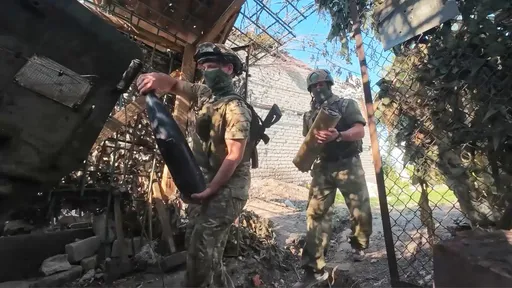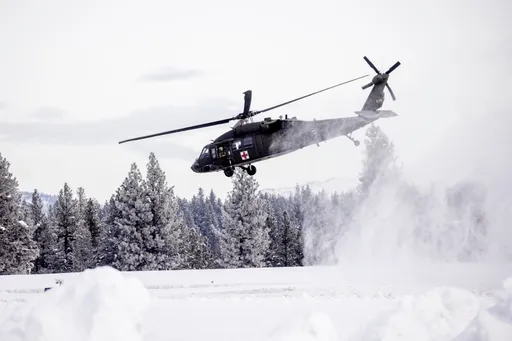The violence blamed on radical groups rampaging across villages and towns in the Sahel region of Africa has killed around 2,000 people so far this year, according to a new report.
That figure marks a tenfold rise over the number of fatalities recorded in 2015, highlighting the urgency to deal with the threat posed by a myriad of terrorist groups, says the Africa Center for Strategic Studies.
“This surge in violence has uprooted more than 900,000 people, including 500,000 in Burkina Faso in 2019 alone,” wrote Pauline Le Roux, author of the report.
Most of the attacks are centred around Mali, Niger and Burkina Faso - which have in recent years stepped up military operations with the support of French troops to counter the threat.
The Macina Liberation Front (FLM), the Islamic State in the Greater Sahara (ISGS) and Ansaroul Islam are the most active groups in the region, which is rich in natural resources but has historically suffered from government neglect and lack of development.
“Each group, particularly FLM and Ansaroul Islam, has skillfully incorporated local grievances to create recruitment narratives centered on perceived marginalisation,” says Le Roux.
Countries such as Burkina Faso are home to different ethnicities and tribes, which have not always looked at each other favourably and that’s something the radical groups often exploit.
“ISGS has exploited anger over cattle theft to exacerbate tensions between Tuareg nomads, seen as cattle rustlers, and the Fulani herders along the Niger-Mali border.”
Security response
The increased threat has pushed the governments of Burkina Faso, Mali and Niger to hire thousands of more soldiers to carry out multiple security operations.
Military budgets in the three countries have gone up from 5.4 percent of government spending to 10.6 percent, which translates into a combined increase of $600 million in military spending.
The French military, which has 4,500 soldiers deployed in the region, has taken part in many of the operations to pursue militants.
A 5000-men strong regional security force, G5 Sahel, which also includes soldiers from Chad and Mauritania, is also active in securing the border region of Burkina Faso and Mali where many of the attacks have taken place.
The G5 Sahel and the national armed forces of Mali, Niger, and Burkina Faso should consider developing rapid deployment forces or other non-traditional units capable of responding to threats that emanate from expansive land areas and across country borders, says Le Roux.
In recent weeks, dozens of soldiers have been killed in Mali and Burkina Faso in terrorist attacks. But it was the accidental death of French soldiers that invited the wrath of France’s President Emmanuel Macron.
Macron has asked other European countries to take part in operations in Western Africa after 13 French soldiers were killed last month in a collision between two helicopters in Mali.
While France, a former colonial power, has actively taken part in countering militants, it has to deal with growing resentment in local African communities where its soldiers are seen close to corrupt government officials.























